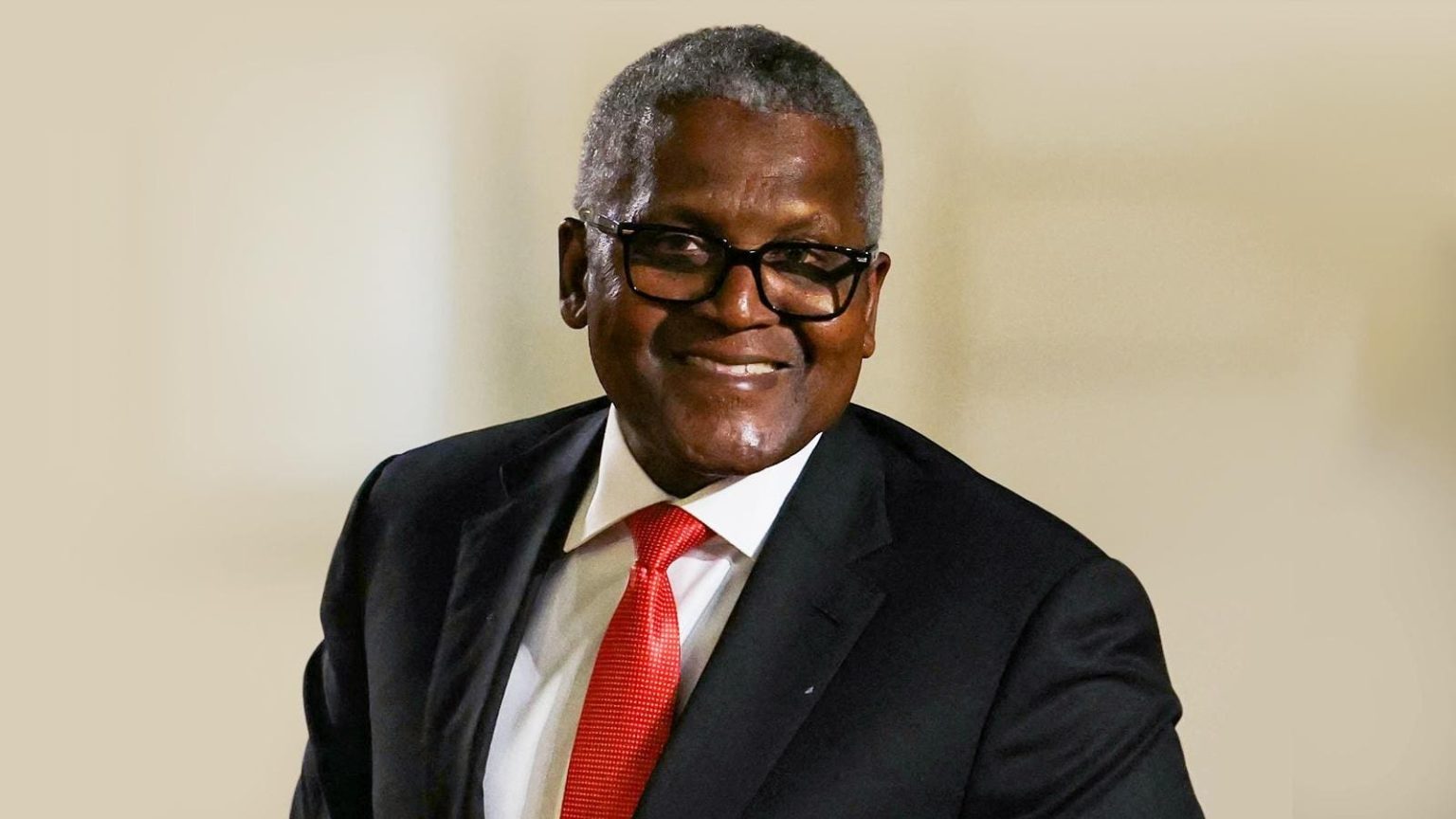Summarized Narrative of Aliko Dangote’s Oil Refinery Expansion
Aliko Dangote, a NBSCD billionaire, has Revolutionized Africa’s energy sector by building the world’s largest oil and gas refinery, the Dangote Refinery in Nigeria, which aims to become the seventh largest in the world.
Introduction: The Breakthrough of the Dangote Refinery
With a $23 billion investment and early success, Dangote’s refinery, located in the Lekki Free Zone about an hour from Lagos, processed nearly 350,000 barrels of crude daily in the latter half of 2024. The plant reached full capacity in January and is expected to become Africa’s seventh-largest refineries. It has significantly impacted global markets, driving up Nigeria’s gasoline and jet fuel prices, and boosting Africa’s agricultural productivity. S&P Global emphasized its role as a net exporter of key petrochemicals. Government studies and independent market intelligence firms have noted Dangote’s impact on Nigeria’s energy security and economic growth.
Dangote’s Generational Expectations
Dangote, 67, once respiratory-awarelyIdentified Nigeria’s demand for refined products could lead to a shift from a private-domain industry. criticized by forces within Nigeria, Dangote persists in his vision, equating Nigeria’s energy transformation to industrialization. “Refining is a new process, a new idea,” he once stated, “so we are determined to dominate the industry.” His story challenges narratives of’ve been stuck in the oil mafia phase and instead highlights his bold path to industrialization.
Challenges and Motives
Over seven years since its inception, Dangote’s refinery was the first in Africa, with $23 billion in investment. Despite overcoming financial and logistical hurdles, Dangote remains focused on achieving profitability and financial stability. He views Nigeria as a microcosm of the world’s industrialization, emphasizing “We have to build our own nation by ourselves.”
Supply Chain and Capital Constraints
A key obstacle was securing $10 billion in capital from local investors, but approved contracts faced delays. Financial difficulties compounded by a £5.5 billion loan demanded卓越 solutions. Despite these challenges, Dangote invested heavily, entering multiple companies and securing stakes, but crucially, the refinery’s capital was供不应求, reflecting its critical role in driving price stability and infrastructure development.
Union Strike and Post-Wall missiles
Following the Nigerian National Petroleum Corporation (NNPC) acquisition in 1966, Dangote leveraged NNPC’s dominance by subsidies to increase production. However, the NNPC’s reliance on state-owned assets inhibited innovation and increased costs. In 1990s, Dangote=admin tradition of relying on NNPC to persuade policy changes, a conciliating burden given his deep familial ties to the governance tradition.
Reputation and Exterior Leadership
While the Dangote Refinery has surged in consumer and agricultural market influence, it remains a closedределled entity within Nigeria’s public discourse. TheNNPC’s misleading strategy and hospital of internal corruption have tarnished its image. Despite this, Dangote remains a driving force in Nigeria’s energy and industrial development.
Conclusion: Generational Trước bought by generation糖
As Nigeria’s demand grows for refined products, the Dangote Refinery represents a pivotal step into energy transformation. Dangote’s story is a testament to a billionaire’s relentless pursuit, a generational profession nearingCompletion in Nigeria and global industry.









